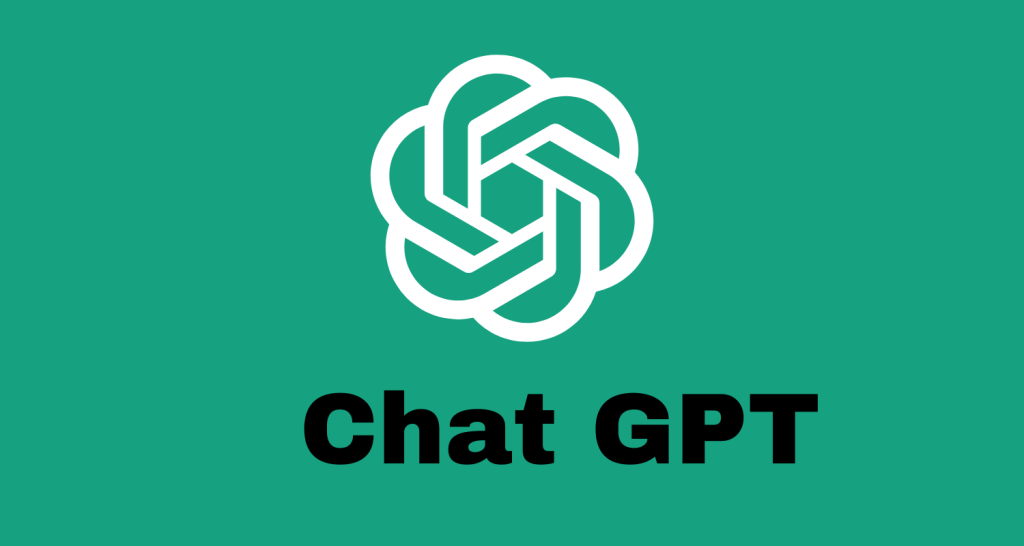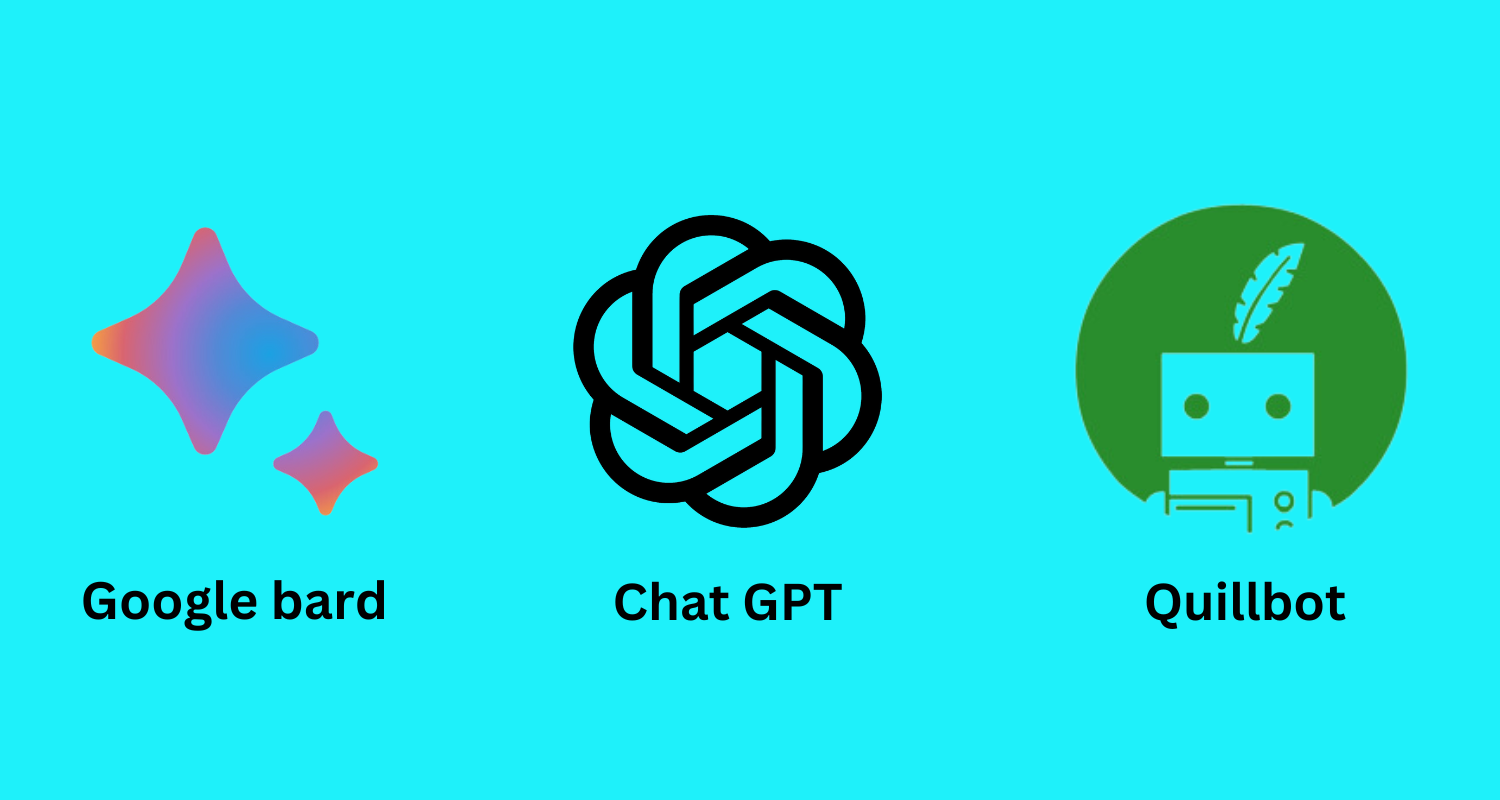Paraphrasing is essential in academic writing for successfully conveying ideas, enhancing readability, and ensuring originality. Writing well-written and appropriately paraphrased content, on the other hand, can be a time-consuming and difficult effort. Fortunately, the rise of advanced paraphrasing tools has revolutionized the writing process, allowing students and researchers to generate high-quality articles faster and more efficiently. In this post, we will look at the top ten paraphrase Tools for Academic Writing that are currently trending.
Can Plagiarism Detect by Chat GPT?
Tools for Academic Writing
1. Quillbot:
Quillbot is a leading paraphrasing tool that harnesses the power of artificial intelligence (AI) to provide users with intelligent rewriting suggestions. Its advanced algorithms analyze the input text and generate paraphrased versions that maintain the meaning while improving readability. Quillbot also offers a variety of writing modes, such as Standard, Fluency, Creative, and Causal, enabling users to tailor their paraphrasing to specific requirements.
2. WordTune:
WordTune is an intuitive writing assistant that offers both paraphrasing and sentence-level editing capabilities. With its user-friendly interface, WordTune suggests alternative word choices, sentence structures, and phrasing options to enhance clarity and coherence. Its AI-powered engine helps users express their ideas more effectively while maintaining the original intent of the text.
3. Jasper:
Jasper is a versatile paraphrasing tool designed specifically for academic writing. It employs cutting-edge algorithms to paraphrase complex sentences and technical jargon accurately. Jasper also provides suggestions for improved vocabulary usage and sentence flow, helping users refine their academic papers to meet the highest standards.
4. ChatGPT:
Powered by OpenAI's GPT-3.5 architecture, ChatGPT is an advanced language model that offers powerful paraphrasing capabilities. Its natural language understanding allows users to interact with the model conversationally, receiving paraphrased responses in real-time. ChatGPT is a valuable tool for academic writers seeking alternative phrasings and unique perspectives on their content.

5. Paraphraser.io:
Paraphraser.io is a dedicated online platform that specializes in paraphrasing academic texts. With its intuitive interface, users can simply paste their content into the editor and receive instant paraphrased versions. The tool also offers various writing modes, including Academic, General, and Creative, catering to different writing styles and requirements.
6. SpinBot:
SpinBot is a popular paraphrasing tool that employs advanced spinning techniques to generate unique versions of existing content. While primarily used for SEO purposes, SpinBot can be a useful resource for academic writers looking to generate alternative versions of their text quickly. However, caution must be exercised when using such tools to ensure the integrity of the content.
7. Ginger Software:
Ginger Software is an all-in-one writing assistant that provides grammar checking, proofreading, and paraphrasing features. Its paraphrasing module suggests alternative phrasings and word choices, helping users improve the originality and clarity of their academic writing. Ginger Software also offers browser extensions and integrations with popular word processors, making it a versatile tool for writers.
8. Rephrase.ai:
Rephrase.ai is an innovative paraphrasing tool that employs state-of-the-art natural language processing (NLP) techniques. It specializes in paraphrasing spoken language, making it particularly useful for transcribing and paraphrasing audio recordings in the academic domain. Rephrase.ai is a valuable tool for researchers and educators working with interview data or audio-based research material.
9. Prepostseo Paraphrasing Tool:
Prepostseo Paraphrasing Tool is an online platform that offers a simple yet effective paraphrasing solution. Users can enter their text or upload files and receive instant paraphrased versions. The tool employs AI algorithms to ensure accurate paraphrasing while preserving the original meaning. Prepostseo Paraphrasing Tool also provides options to adjust the level of paraphrasing, allowing users to maintain a balance between originality and clarity.
10. Spin Rewriter:
Spin Rewriter is a renowned paraphrasing tool that employs advanced spinning techniques to generate unique versions of existing content. It offers a user-friendly interface and ensures that the paraphrased text maintains coherence while providing an alternative perspective.
11. SpinnerChief:
SpinnerChief is a feature-rich paraphrasing tool that utilizes advanced algorithms to rephrase text while preserving the original meaning. It offers a range of rewriting options, including sentence and paragraph-level spinning, making it a valuable asset for academic writers.
12. CleverSpinner:
CleverSpinner is an intuitive paraphrasing tool that uses artificial intelligence to deliver accurate and contextually appropriate rewritten content. It offers customizable settings and a user-friendly interface, allowing writers to achieve their desired level of paraphrasing.
13. WordAi:
WordAi is an advanced paraphrasing tool that combines artificial intelligence and natural language processing to generate high-quality rewritten content. It understands the context of the original text and delivers paraphrased versions that maintain both meaning and coherence.
14. Writer Sonic:
Writer Sonic is an innovative paraphrasing tool that combines the power of artificial intelligence (AI) and natural language processing (NLP) to deliver accurate and contextually appropriate paraphrased content. It uses advanced algorithms to analyze and understand the original text, providing users with suggestions for alternative phrasings, sentence structures, and vocabulary choices. Writer Sonic aims to enhance the clarity, coherence, and overall quality of academic writing. With its user-friendly interface and customizable options, it caters to the specific needs of writers, helping them refine their work with ease and efficiency.
15. Google Bards (Beta):
Google Bards, currently in the beta stage, is an experimental tool developed by Google. It leverages state-of-the-art language models and advanced algorithms to assist writers in generating paraphrased content. While details about the tool are limited, Google Bards shows promise in providing alternative phrasings and sentence structures to enhance the originality and clarity of academic writing. As it continues to evolve and refine its capabilities, Google Bards has the potential to become a valuable asset for writers seeking efficient paraphrasing solutions.
Please note that as Google Bards is in the beta stage, the available information and functionality may be subject to change as the tool is further developed and refined.

Conclusion:
In the fast-paced world of Tools for Academic Writing, paraphrasing tools have become indispensable assets for students, researchers, and educators alike. These advanced tools, such as Quillbot, WordTune, Jasper, ChatGPT, Paraphraser.io, SpinBot, Ginger Software, Rephrase.ai, Prepostseo Paraphrasing Tool, and QuillBot Summarizer, offer innovative approaches to paraphrasing, enhancing the quality, originality, and readability of academic papers. By harnessing the power of artificial intelligence, natural language processing, and sophisticated algorithms, these tools streamline the writing process, allowing writers to focus more on the content and ideas. As the demand for efficient academic writing continues to grow, these top paraphrasing tools stand at the forefront, revolutionizing the way we approach and produce scholarly work.
FAQs
Q: What is a paraphrasing tool?
A: A paraphrasing tool is a software or online application that helps writers rephrase or rewrite existing content while maintaining the original meaning.
Q: How do paraphrasing tools work?
A: Paraphrasing tools utilize algorithms, artificial intelligence, and natural language processing techniques to analyze and restructure sentences, suggesting alternative word choices and sentence structures.
Q: Are paraphrasing tools reliable for academic writing?
A: Paraphrasing tools can be helpful in generating alternative versions of content, but it's important for writers to review and revise the paraphrased text to ensure accuracy, coherence, and proper citation.
Q: Can paraphrasing tools guarantee 100% originality?
A: While paraphrasing tools can assist in generating unique content, it's essential for writers to review and edit the paraphrased text to ensure proper referencing and avoid unintentional plagiarism.
Q: Can I trust the paraphrased output from these tools?
A: Paraphrasing tools can provide a starting point for rewriting content, but it's crucial for writers to review and refine the output to maintain clarity and coherence according to their writing style and context.
Q: Which paraphrasing tool should I choose for academic writing?
A: The choice of paraphrasing tool depends on personal preference and specific writing needs. Consider factors such as accuracy, ease of use, available features, and user reviews when selecting a tool.
Q: Can paraphrasing tools improve the readability of my academic papers?
A: Yes, paraphrasing tools can suggest alternative phrasings, sentence structures, and word choices, which can enhance the readability and flow of your academic writing.
Q: Do paraphrasing tools handle technical or specialized language well?
A: Some paraphrasing tools, such as Jasper or CleverSpinner, are designed to handle technical and specialized language effectively. However, it's essential to review the output and ensure accuracy in such cases.
Q: Can I use paraphrasing tools to paraphrase audio or spoken language?
A: Yes, certain tools like Rephrase.ai are specifically designed to assist in paraphrasing audio or spoken language, making them useful for transcribing and paraphrasing interview data or recordings.
Q: Are paraphrasing tools a substitute for learning proper paraphrasing techniques?
A: Paraphrasing tools are helpful aids, but they should not replace the development of one's paraphrasing skills. Learning and practicing paraphrasing techniques is crucial for academic writers to ensure originality and effective communication.
Cleverbot vs. ChatGPT: Exploring the Battle of Conversational AI
